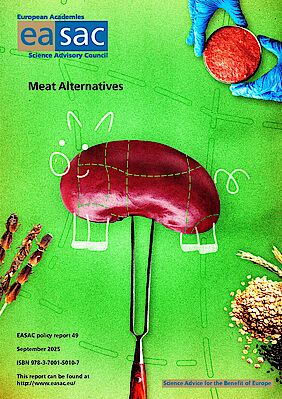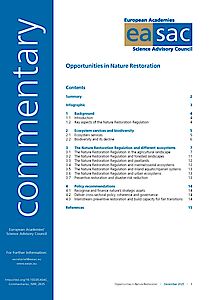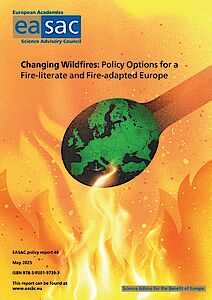Publications
Meat Alternatives
We are pleased to share with you EASAC’s latest report, Meat Alternatives, developed by leading experts nominated by Europe’s national science academies. As the European Commission prepares a Protein Strategy to strengthen sustainable food systems, the role of meat alternatives is gaining policy attention. EASAC’s latest report offers a science-based analysis of the nutritional, environmental, technological, and regulatory dimensions of meat alternatives in Europe. It looks at a wide range of options, from plant-based and insect-derived proteins to newer approaches such as microbial fermentation and cultivated meat.
However, policy frameworks are lagging scientific and technological developments. The report offers policymakers six urgent calls for balancing climate commitments, public health, and food system resilience.
Six Urgent Calls to Policymakers
- Increase transparency and introduce clear, mandatory labelling standards on nutrition, processing, and environmental footprint
- Establish clear policies and regulatory framework to guide the additions to plant-based and microbial protein products
- Enhance environmental sustainability standards, i.e. comparability in life-cycle assessment, use of renewable energy, industrial and agricultural side streams
- Strengthen consumer awareness with evidence-based recommendations on integrating meat alternatives into balanced diets and by combating misinformation
- Create a positive framework for innovation by Investing in R&D, especially for safe and scalable alternatives like microbial and cultivated meat, and by helping livestock farmers adapt to changing markets for meat alternatives and alternative proteins
- Consider ethical and societal questions, such as varying dietary needs, culture, traditions, and economic conditions. Attention must also be paid to ethical considerations in insect farming and ethical issues raised by cultivated meat relying on animal cells.
DOI: doi.org/10.1553/EASAC_Report_Meat-Alternatives_2025

































